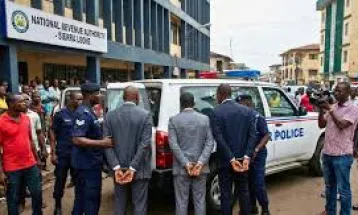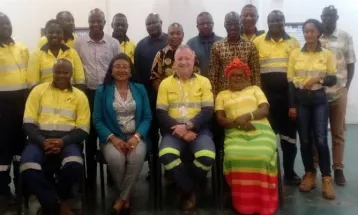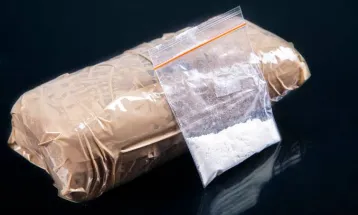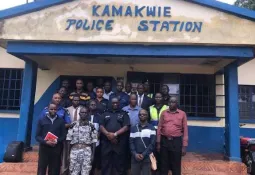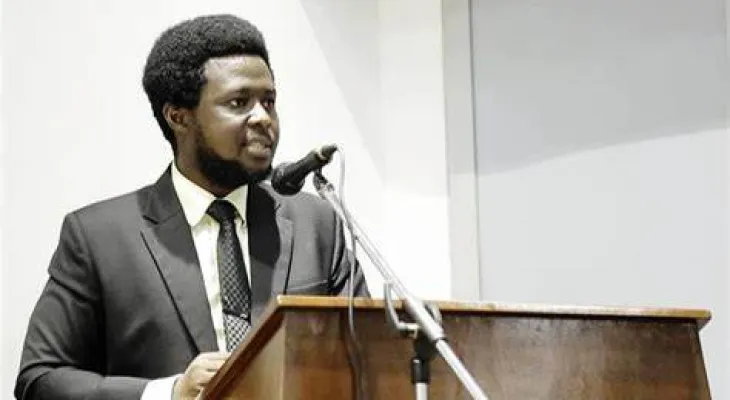
Seven Years of Impact: Francis Ben Kaifala’s Relentless Fight Against Corruption
Seven years ago, Sierra Leone turned a new page in its fight against corruption—a chapter driven not by caution or compromise, but by bold reform and an unshakable resolve to restore integrity in public service. It all began when a 34-year-old legal mind, Francis Ben Kaifala, was appointed as Commissioner of the Anti-Corruption Commission (ACC). With youthful energy, clear vision, and fearless determination, he stepped into the role with a mission to transform not just an institution, but an entire national mindset.
Now the longest-serving Commissioner in the Commission’s history, Kaifala has redefined what it means to lead a corruption watchdog. Under his leadership, the ACC became a dynamic force—disrupting old norms, dismantling entrenched systems, and ushering in a new era of justice and accountability.
He introduced the idea that corruption should be "a high-risk, low-return venture," a philosophy that quickly gained traction in governance circles. And he didn’t stop at words. He ushered in practical, systemic changes. One of the most pivotal reforms was establishing a Special Anti-Corruption Division within the High Court, which helped deliver speedy and decisive justice. The result? A conviction rate consistently above 90%, sending a strong message that impunity no longer holds power.
Even more remarkable was the Commission’s non-conviction-based asset recovery strategy, which led to the return of over 76 billion old leones in misappropriated funds—much of which has gone back into the nation’s treasury. And it didn’t stop there. Billions more have been recovered on behalf of institutions such as the Freetown City Council.
But the battle wasn’t fought in courtrooms alone. It was taken to schools, communities, and online platforms. A wave of public education swept the country, spearheaded by the Commissioner himself, who consistently brought the message of integrity to the people.
The 2019–2024 National Anti-Corruption Strategy achieved full implementation, and a new strategy, focused heavily on prevention and technology, is already in motion. Integrity Management Committees have been reinforced in public institutions, and asset declaration laws are now strictly enforced—offenders face real consequences, including loss of salary, suspension, or dismissal.
The era of superficial posturing against corruption is over. Sierra Leone is witnessing a genuine culture shift. Internationally, the country has climbed the ranks in global anti-corruption assessments, with consistently high scores over the past several years.
This transformation hasn’t gone unnoticed. Other nations have sent delegations to observe and learn from Sierra Leone’s approach. Meanwhile, Kaifala himself has earned regional and international recognition, serving in prestigious roles across Africa’s anti-corruption networks and receiving numerous awards for his contributions.
Despite the challenges—including threats and smear campaigns—Kaifala has stood firm. He has navigated his role with humility and strength, earning the trust of many and changing the way Sierra Leoneans view corruption.
His legacy isn’t just measured by the laws enacted or the billions recovered. It lies in the shift in public consciousness, the systems rebuilt, and a renewed hope that accountability in governance isn’t just a dream—it’s a reality.
Seven years in, the fight continues, but the foundation has been laid. What was once seen as impossible is now within reach. And through it all, one message rings loud and clear: with courageous leadership, integrity wins.

